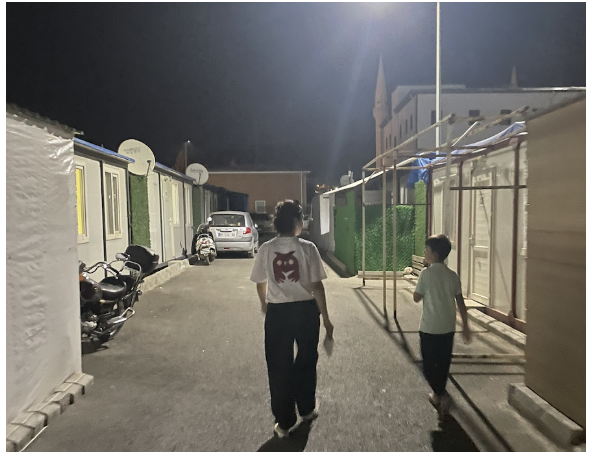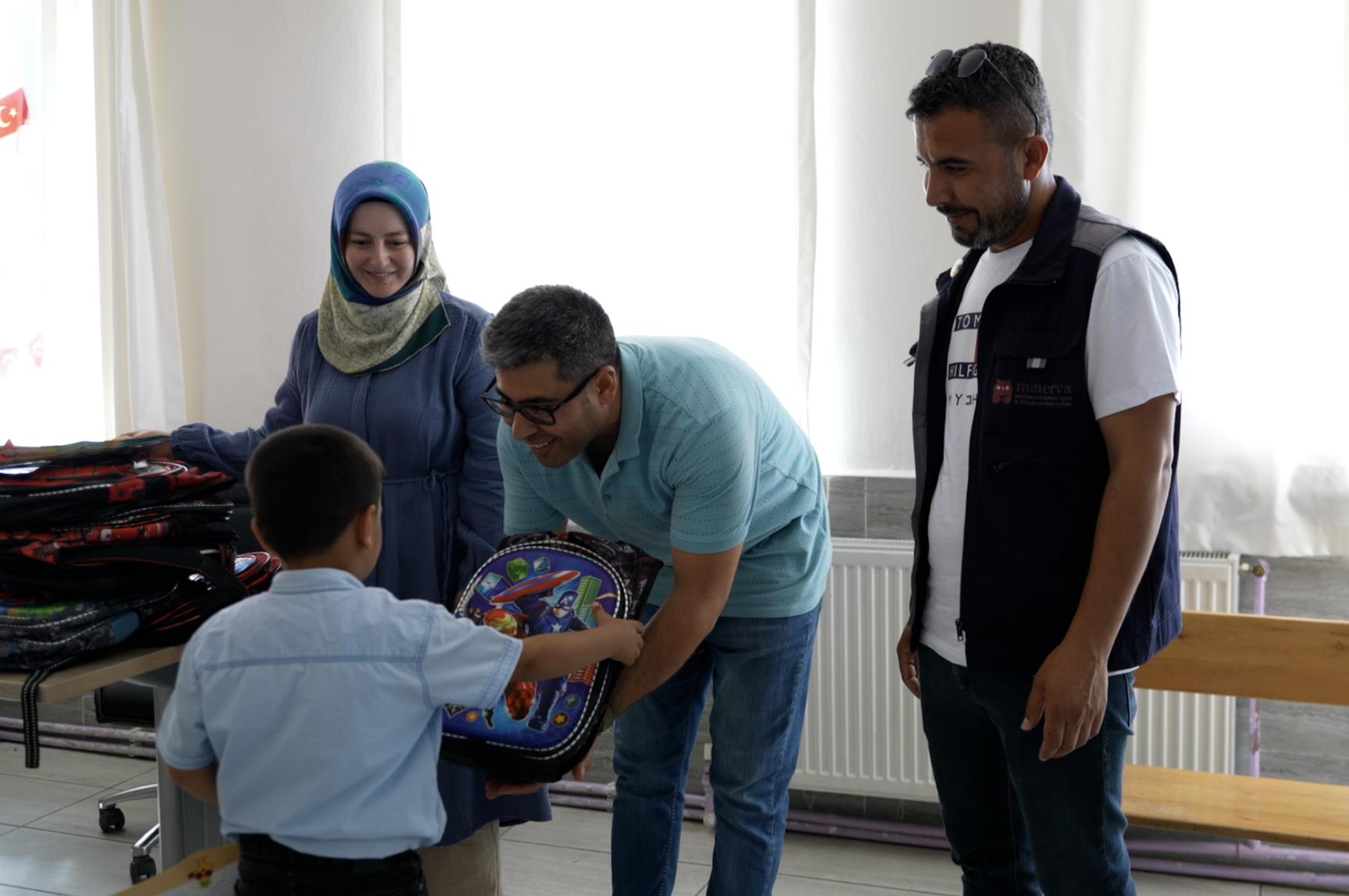Given the risks to working conditions and the environment following the earthquakes in Türkiye on 6 February 2023, companies whose operations, supply chains or business partners pass through earthquake-affected areas need to go beyond human rights due diligence practices. In this vein, BHRTR works closely with the private sector and civil society organisations to address the risks inherent in high-risk contexts and to develop sustainable solutions to the challenges posed by crisis-affected supply chains.
Heightened Human Rights and Environmental Due Diligence in Post-Disaster Contexts
Crises, including armed conflicts, humanitarian emergencies, and natural disasters can lead to various adverse impacts to human rights in supply chains, such as unfair working conditions, irregular migration, precariousness, child labour, and other forms of modern slavery.
During such challenging periods, businesses must focus on heightened human rights due diligence practices that incorporate context-specific human rights risks. This proactive approach is crucial in preventing and addressing work-related human rights violations in high-risk contexts.
To achieve this, it is essential for businesses to engage with a broader range of stakeholders, including trade unions, civil society organisations, and human rights experts. By collaborating with these entities, companies can gain a comprehensive understanding of the local and high-risk context.





